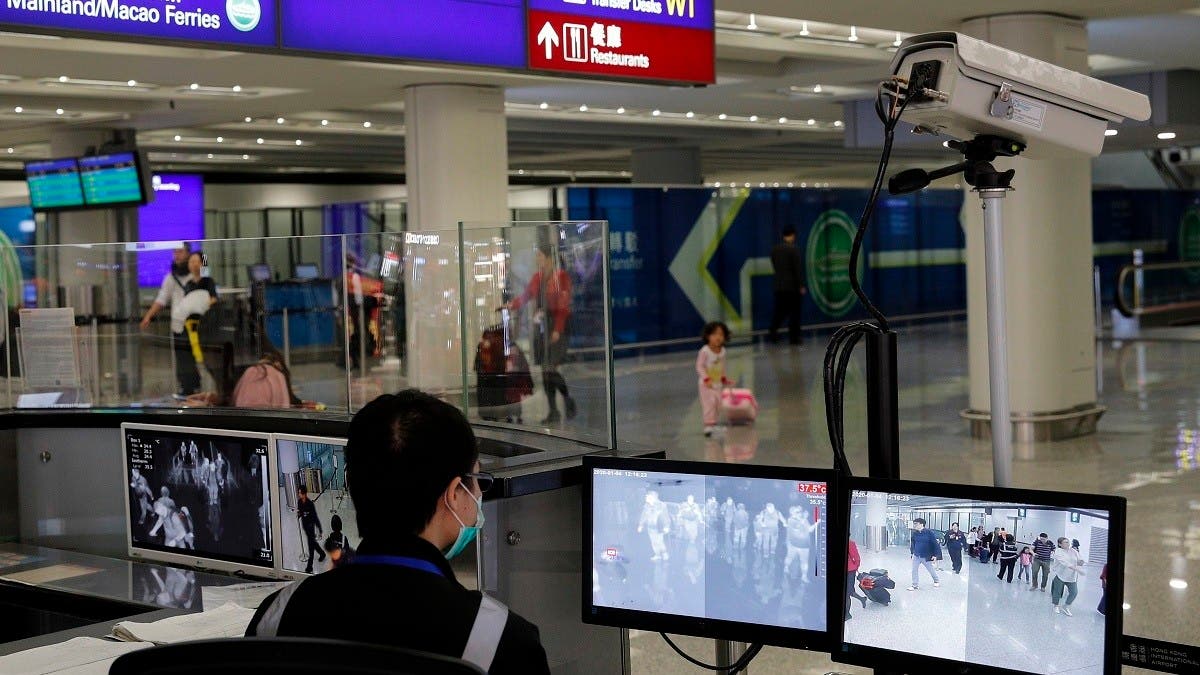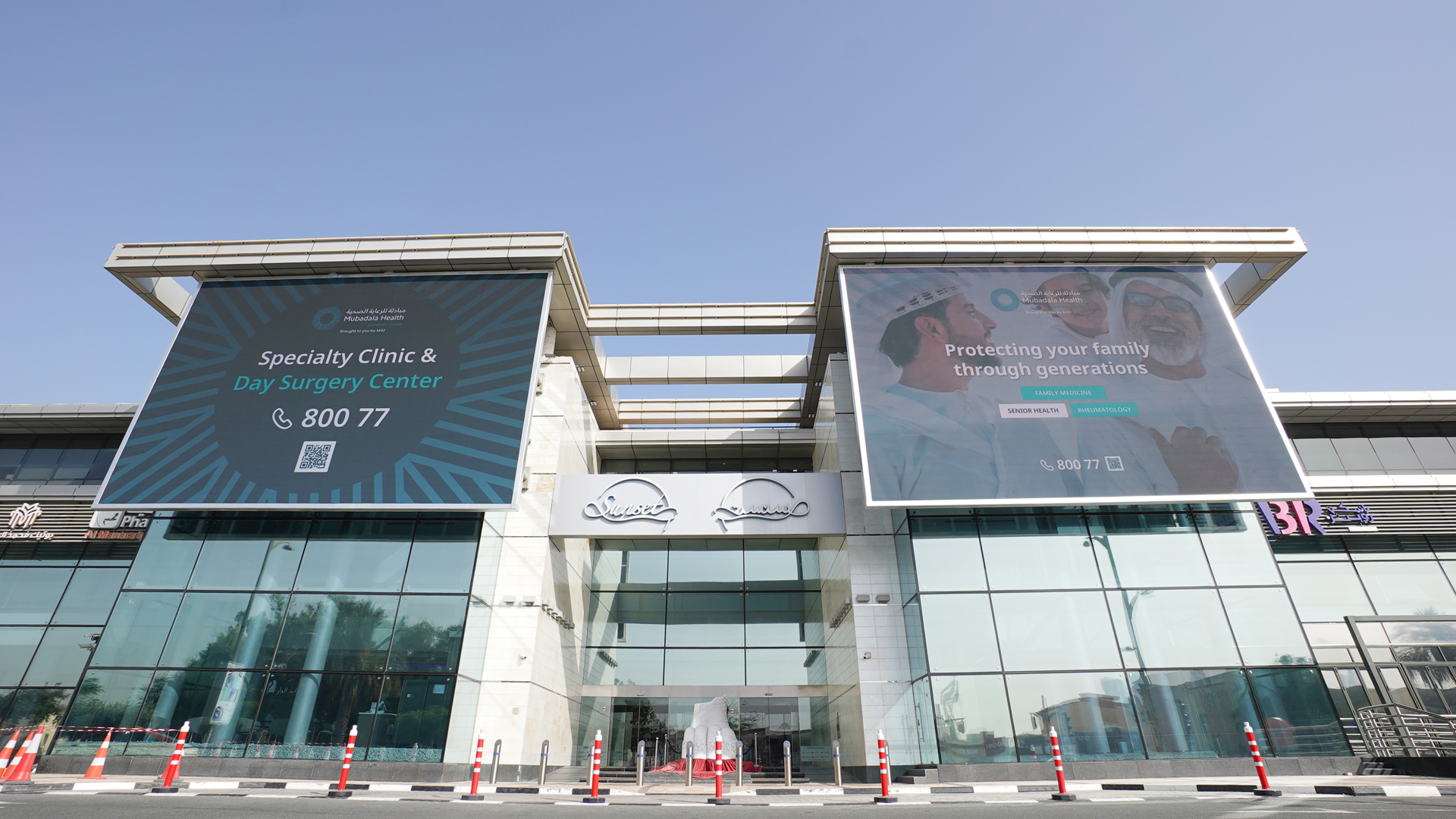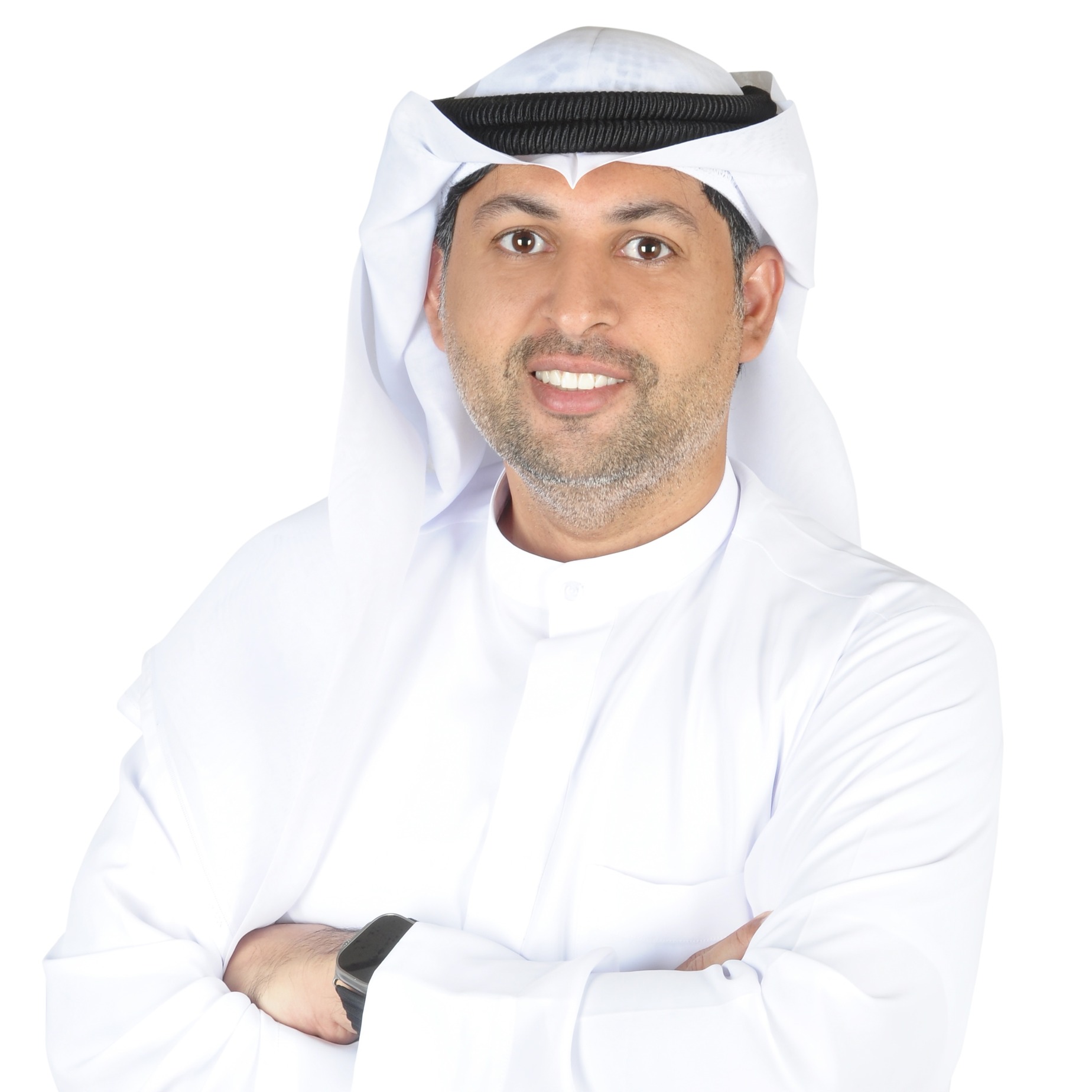The bustling, cosmopolitan business hub of Hong Kong may be losing its shine among foreign companies and expatriates with its stringent anti-pandemic rules requiring up to 21 days of quarantine for new arrivals.
The restrictions are discouraging both visitors and business travelers and add to other challenges the semi-autonomous Chinese territory faces as Beijing exerts ever more control over the former British colony.
Read the latest updates in our dedicated coronavirus section.
For months, business circles have been urging the authorities to relax some quarantine restrictions, saying the city risks losing some of its international talent and appeal as a regional financial hub.
For the latest headlines, follow our Google News channel online or via the app.
Some fumed when the city granted an exemption to the rules for JPMorgan Chase CEO Jamie Dimon, who visited the city for about a day in November. Hong Kong leader Carrie Lam said Dimon was given an exception related to the economy and that JPMorgan “is a very huge bank with key business in Hong Kong.”
Actress Nicole Kidman also was exempted when she visited the city to film parts of a television series about expatriates, drawing ire from critics and local lawmakers over whether celebrities should be allowed to come and skip quarantine when Hong Kong residents pay dearly to return home.
Hong Kong’s “COVID-zero” stance is in line with mainland China’s policy of largely shutting its doors to the international world to try to prevent cases being brought into the country.
The restrictions have tightened further in light of the new Omicron coronavirus variant, which was confirmed in at least four people in the city.
Hong Kong authorities have designated about 60 countries as high-risk areas including the US, Britain, Australia and any country with confirmed omicron cases.
For travelers from high-risk areas, only Hong Kong residents are allowed in and they must quarantine at their own expense for 21 days at a hotel.
Travelers arriving from certain African countries such as South Africa and Zimbabwe that have reported locally-transmitted Omicron infections must spend seven days at a government facility while undergoing daily testing and then stay two weeks at a hotel, also at their own expense.
Only travelers from China are largely exempted from quarantine, though those travelling from Hong Kong into most provinces in mainland China must still isolate for 3 weeks.
Lam, Hong Kong’s leader, has emphasized she’s more concerned with resuming quarantine-free cross-border travel with mainland China than with international travel.
The prolonged restrictions are hurting Hong Kong’s competitiveness, said Tara Joseph, president of the American Chamber of Commerce in Hong Kong. Many chambers of commerce in the city have asked repeatedly for the city to reopen to visitors at the earliest opportunity since the restrictions make it hard for businesses to connect with clients and compete internationally.
“We’re not seeing any overt effort to provide plans for how Hong Kong is going to get back on track to open its international borders, and this is very difficult for businesses,” Joseph said.
Joseph resigned from her position as AmCham president last month after failing to get the government to ease coronavirus restrictions but is staying on for six months while the chamber finds her successor.
Frederik Gollob, the chairman of The European Chamber of Commerce in Hong Kong, wrote an open letter to the Hong Kong government in August saying the city’s tough quarantines could “lead many in the international community to question if they want to remain indefinitely trapped in Hong Kong when the rest of the world is moving on.”
Many foreigners living in Hong Kong have tired of the restrictions and are thinking of heading for greener pastures. More than 40 percent of members polled in a recent AmCham survey said they might leave the city.
“I think most expatriates in Hong Kong have tried to stay here as long as possible … they really value the work opportunities that they have but travel restrictions, really tough quarantine measures, have stopped people from seeing loved ones back in their home countries,” said Mark Tibbatts, managing director at recruitment agency Michael Page.
Urgent action is needed to prevent many qualified professionals from leaving, he said.
“I really think that going into next year, if there aren’t clear signs that there will be an improvement, or at least a lowering of quarantine restrictions, then people will have to make plans where they will have to commit to –- particularly things like education (for their children),” he said.
Summer Wang, an American expatriate who arrived in the city not long before the pandemic began, plans to return to the U.S. before Christmas.
“I knew I would leave Hong Kong eventually because of work reasons, but I decided to leave sooner because of the 21-day quarantine,” said Wang, who has done two hotel quarantines in the city since the pandemic began.
“Quarantine is bearable once or twice, but unless you’re willing to stay separated from family for long, unpredictable stretches of time, the current quarantine measurements are unsustainable,” she said. “I’m paying to be miserable.”
Some companies in Hong Kong, such as JPMorgan Chase, Goldman Sachs and Morgan Stanley have started offering to cover quarantine costs for employees. A 21-day stay in the city’s cheapest quarantine hotel costs at least $1,200 for one person.
Black Sheep Restaurants, a Hong Kong-based restaurant group offering various cuisines, plans to spend about $650,000 to fly more than 250 of its foreign employees home to see their families and cover resulting quarantine costs, said Syed Asim Hussain, one of its co-founders.
“You know, we do this strange thing which is giving strangers hospitality, and looking after people through food and drink night after night,” Hussain said in an interview. “And I felt that we had to look after ourselves as well in this difficult environment.”
It’s financially painful, but he said he hopes the initiative will “create immeasurable goodwill within our community and beyond.”
Sandeep Arora, a restaurant manager at Black Sheep’s New Punjab Club, said the effort will allow him to visit his hometown in Punjab, India, since paying for tickets, quarantine and testing would have been beyond his means.
Arora is looking forward to eating his mother’s baigan bharta — an eggplant dish typically served with roti, a flatbread — and even more importantly, seeing his son.
“The main thing is my son – he’s growing very fast. He was six years old when I saw him last, and now he’s turning eight,” he said. “Every day is very important … especially for me to be with him as a father.”
Read more:
Next pandemic could be more lethal than COVID: Oxford vaccine creator
South Africa readies hospitals as Omicron variant drives new COVID-19 wave
Italy imposes new COVID-19 rules on unvaccinated

 World3 years ago
World3 years ago
 World2 years ago
World2 years ago
 Entertainment7 years ago
Entertainment7 years ago
 World7 years ago
World7 years ago
 Entertainment7 years ago
Entertainment7 years ago
 Business9 months ago
Business9 months ago





